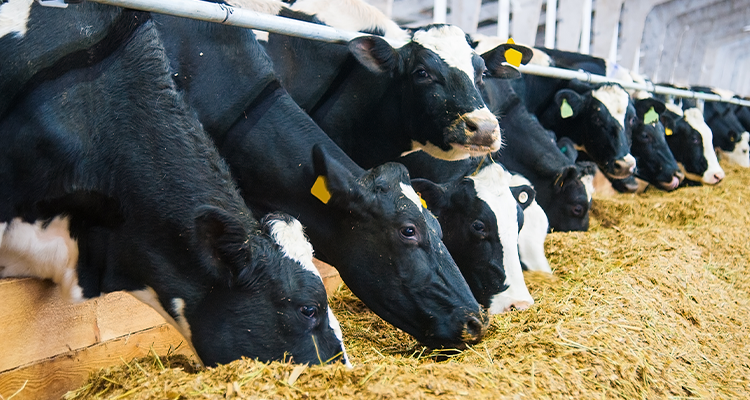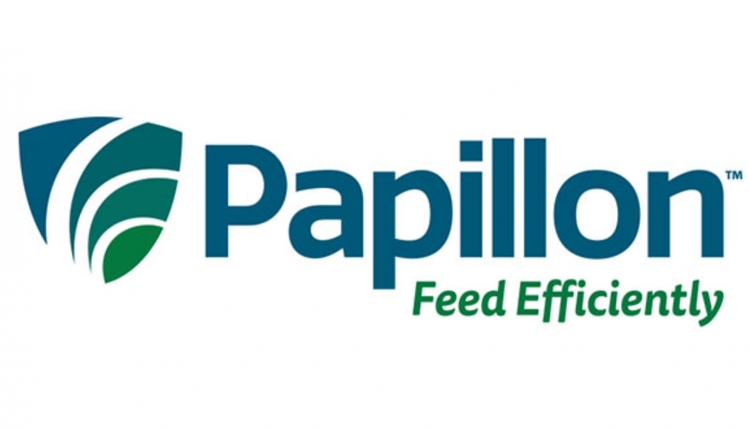
As summer approaches, it is time to start preparing for heat stress in cows. Heat stress produces a variety of negative effects that hurt both cow health and productivity. One of the biggest challenges that cows face during heat stress is ruminal and hindgut acidosis as a result of reduced feed intake, reduced salivary buffering, and a shift in blood flow away from the gut to the extremities.
The hindgut is more sensitive to acidosis than the rumen and when it becomes acidotic, gut barrier integrity is weakened, leading to a leaky gut. When leaky gut occurs, the cells lining the gut become more permeable, which allows gut contents particularly bacterial toxins – to enter the bloodstream. This leads to systemic inflammation, a reduction in feed intake, and poor performance. It also increases a cow’s risk of getting a secondary infection due to a weakened immune system.
How can producers combat leaky gut?
Recent work presented at the 2022 American Dairy Science Association Annual Meeting by Dr. Greg Penner’s University of Saskatchewan lab looked to tackle the challenges associated with heat stress in dairy cows using the calcium magnesium carbonate buffer MIN-AD®.
The study used 16 cows, including eight cannulated cows, experiencing mild to moderate heat stress over four 21-day periods. During the study, average daytime temperature-humidity index (THI) was 74 and nighttime THI was 67 with 15 hours of the day at a THI over 68. Elevated body temperatures show that the cows were sufficiently heat stressed.
Four treatments were evaluated, made up of combinations of high or low DCAD and high or low buffer inclusion. MIN-AD was utilized in high buffer diets and partially replaced calcium and magnesium sources in the diet.
As a part of the study, researchers experimented with a novel method of determining total and post-ruminal gastrointestinal tract barrier function using ruminal chromium-EDTA and omasal cobalt-EDTA infusion markers. With this method, there is a direct relationship between gut permeability and marker excretion in the urine. Chromium excretion would indicate total tract barrier function and cobalt would indicate post-ruminal barrier function.
MIN-AD results
MIN-AD reduced leaky gut in this study. Cows fed the MIN-AD diet had a reduction in cobalt excretion in the urine, leading to a 27% improvement in intestinal permeability. This indicates that cows fed MIN-AD suffered less post-ruminal leaky gut and had better barrier function than cows not fed MIN-AD.
MIN-AD is a calcium magnesium carbonate buffer produced exclusively for livestock production. It is designed to provide timed released buffering and has been shown to increase fecal pH. The results of this study suggest that heat stress increases leaky gut in cows, but providing a timed-released rumen and hindgut buffer like MIN-AD can help restore gut integrity.



